Welcome back to the second installment of our Pressure Washing Tips series! Now that you’ve mastered the basics, it’s time to dive deeper into the best practices that ensure your pressure washing is not only effective but also safe for you and your home.
These next five tips cover protection, safety, and smart cleaning choices—essentials for any Florida homeowner or DIY enthusiast.
6. 🌿 Protect Nearby Surfaces
Before you fire up the washer, prep your surroundings:
-
Cover plants, shrubs, outdoor décor, and fragile surfaces with plastic sheeting or tarps
-
Seal off light fixtures, electrical outlets, and HVAC units to avoid water damage
-
Double-check that all windows and doors are shut tightly
💡 Taking a few extra minutes here can save you from costly repairs later.
7. 🧪 Use the Correct Cleaner for the Surface
Not all cleaning solutions are the same—and using the wrong one can do more harm than good.
-
Choose a surface-specific detergent (wood, concrete, vinyl siding, etc.)
-
Never use bleach in your pressure washer—it can damage internal seals and hoses and is harmful to landscaping
🧼 Look for biodegradable, pressure-washer-safe cleaners for the best results.
8. 🌤️ Mind the Weather
Yes, weather matters—especially in Florida’s humid climate.
-
Avoid windy days which can blow spray and dirt back at you
-
Skip direct sun hours—it can cause soap to dry too quickly, leaving streaks
-
Aim for overcast days or early mornings for optimal cleaning conditions
🌦️ Timing can make the difference between a pro-level finish and frustrating streaks.
9. ⛔ Don’t Use Pressure Washers on These Surfaces
Some materials can be severely damaged by high-pressure water. Avoid pressure washing:
-
Windows – risk of breakage
-
Roof shingles – removes protective granules
-
Delicate wood or aged siding
-
Old, chipping paint – you may cause peeling or exposure to lead paint
🪣 Instead, opt for soft washing techniques that use low pressure and specialized cleaning solutions.
10. 🦺 Wear the Right Safety Gear
Pressure washing may seem simple, but it carries risk.
-
Always wear goggles to protect against flying debris
-
Use gloves to shield your hands from chemicals
-
Wear non-slip shoes to maintain grip on wet surfaces
⚠️ Remember: high-pressure water can cut through skin—stay alert and safe.
Wrapping Up
Mastering pressure washing means more than just pointing and spraying. With these 10 expert tips across Parts 1 & 2, you’re ready to tackle dirt, grime, mold, and more—safely and efficiently.
Whether you’re cleaning a driveway in Tampa or prepping a deck in Orlando, the right knowledge makes all the difference.
Need help deciding between pressure washing and soft washing? Let us know and we’ll guide you!


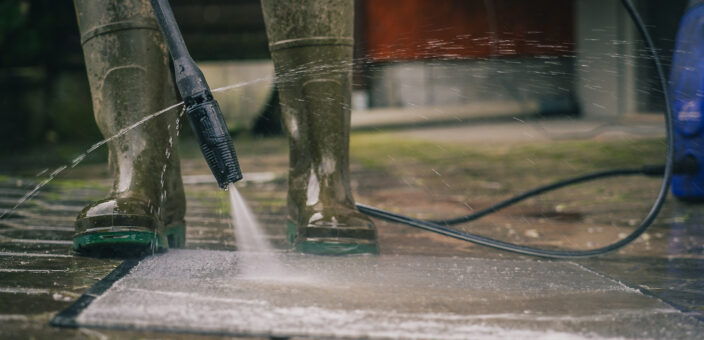
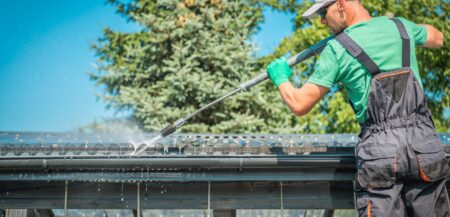
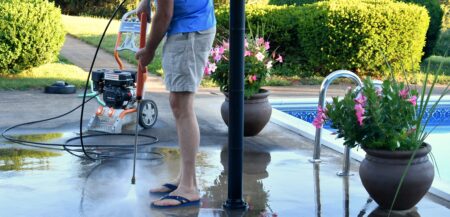
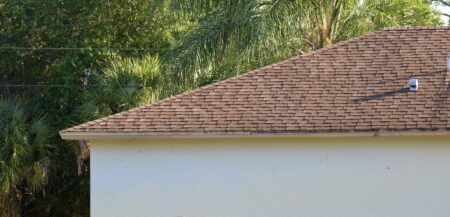
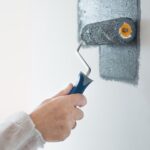
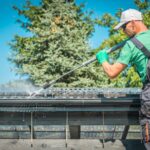

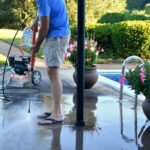
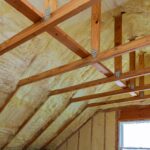
No Comment